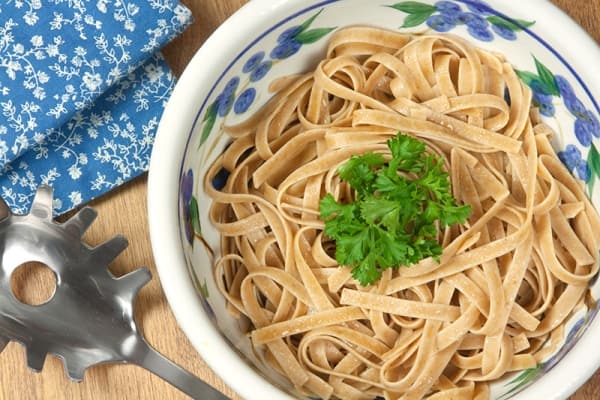With Earth Day right around the corner, we take a moment to reflect on all of our impacts to this globe: the good, bad and indifferent. When it comes to improving our individual sustainability efforts, sometimes the list of “to-dos” is daunting – not unlike our many other to-do lists! If you are looking for this year’s Earth Day resolutions, you’ve come to the right place.

Did you know that 40% of food produced in the US ends up in our landfills? Such a staggering statistic like this makes it a logical issue to focus on in 2017. Reducing wasted food not only helps the planet, but also saves money- something everyone loves!
Use by, sell by, enjoy by, best by… know the date labels on your food.
There are a million tips out there on how to avoid wasting food, but one of the easiest money-saving tips is to know how the date labels on your grocery items work. The different meanings of these dates are confusing and lead to enormous amounts of perfectly delicious and safe food being unnecessarily tossed. The USDA has issued its own statement about date labels and their contribution to wasted food stating that “food products are safe to consume past the date on the label, and regardless of the date, consumers should evaluate the quality of the food product prior to its consumption.” These common labels on our foods are not food safety indicators. In fact they all offer the same information, the manufacturer’s guestimate as to the date at which the product will have its peak quality (e.g. flavor, color). Other than medicines, vitamins, and baby formula, general store items are safe to consume well after the dates noted on the packaging. The take home message is: if the date is within a few days or weeks, use your senses to determine if foods are still okay: the tried and true “sniff test” wins again!
Take a snapshot of your fridge before you head to the store.
Plan out your meals for the week and take inventory of items you already have in your fridge, freezer, and pantry. When in a pinch, take the lazier approach and at least snap a photo of your open fridge before heading to the store. Sometimes items will no doubt be in hiding, but in general it can help avoid that wasteful duplicate purchase.
Be selective when buying in bulk.
Buying in bulk can certainly be a wallet saver in many cases, but make sure you can use it all before it goes bad. Dry goods like pasta, beans, rice, oats, sugar, and spices are a safe bet, and even some nuts and dried fruits. Also, if you have the time to clean and store bulk food properly in the freezer, you can benefit by having delicious food all year long, a great way to enjoy some of those delicious summer berries even on a dreary December morning!
Befriend your freezer.
Keep an eye on your produce and other food items in your fridge. Before it hits the point of no return, toss it in the freezer for future use. You can freeze way more than just fruits and veggies: cooked pasta, bread, milk, cheese, and meats all hold up very well in the freezer and can be a pleasant addition to a meal at the end of the week when you want to make it a few more days before another grocery run.